Scientists discover the surprising limits of the human brain’s processing speed at 10 bits per second, despite the immense intake of data.
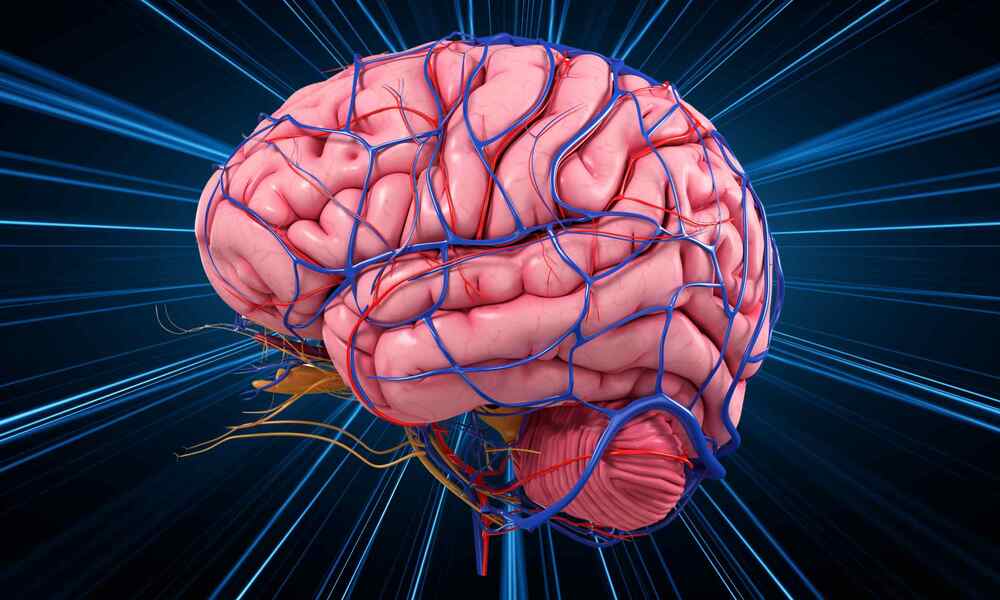

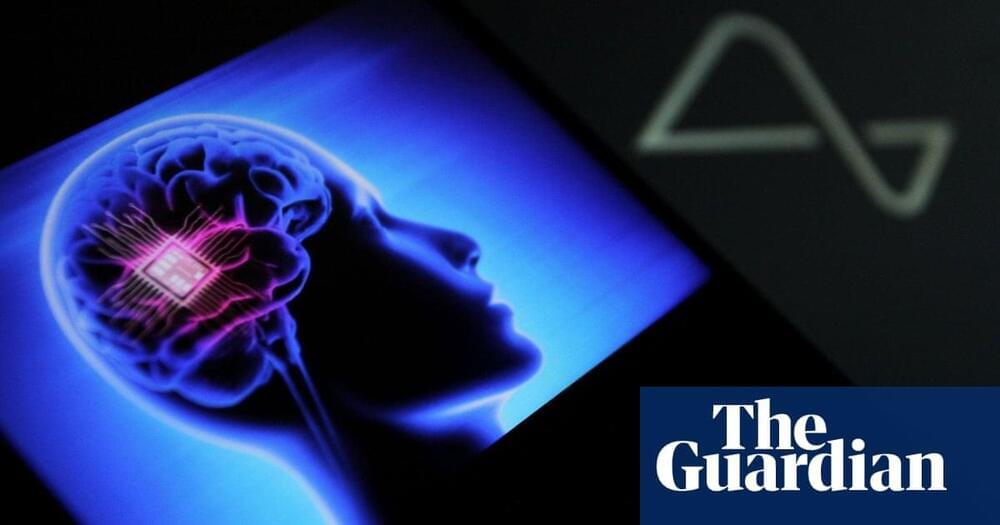
In future, doctors hope the technology could revolutionise the treatment of conditions such as depression, addiction, OCD and epilepsy by rebalancing disrupted patterns of brain activity.
Jacques Carolan, Aria’s programme director, said: “Neurotechnologies can help a much broader range of people than we thought. Helping with treatment resistant depression, epilepsy, addiction, eating disorders, that is the huge opportunity here. We are at a turning point in both the conditions we hope we can treat and the new types of technologies emerging to do that.”
The trial follows rapid advances in brain-computer-interface (BCI) technology, with Elon Musk’s company Neuralink launching a clinical trial in paralysis patients last year and another study restoring communication to stroke patients by translating their thoughts directly into speech.

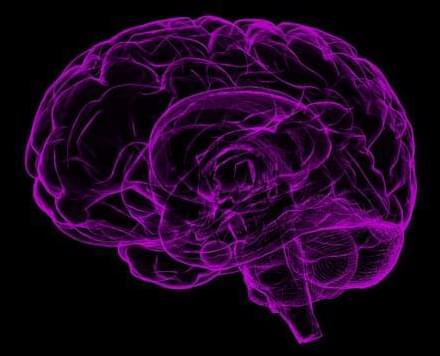
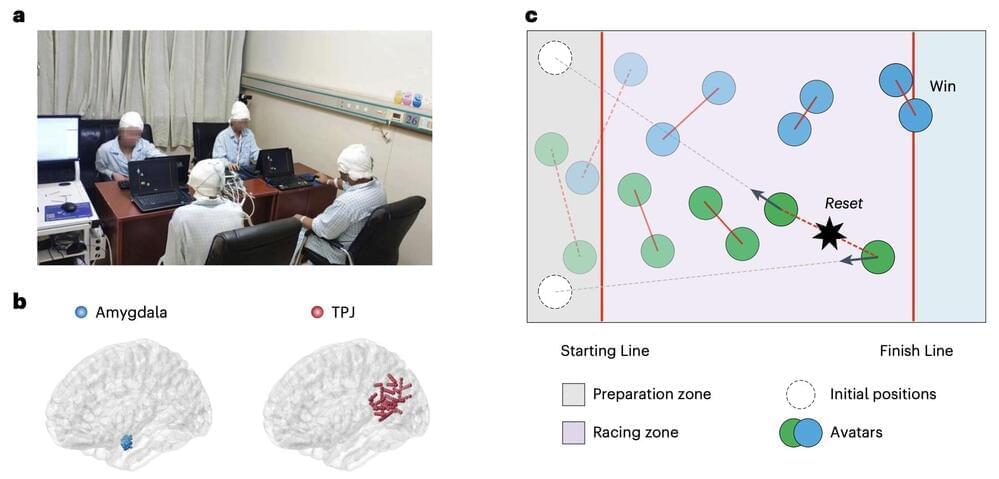
Collaboration and cooperation are key elements of human social interactions, which can contribute to the efficient achievement of shared goals. While many psychology and neuroscience studies have investigated cooperative behaviors among humans, the complex interplay between these behaviors and their neural underpinnings remain poorly understood.
A research team at Beijing Normal University, supervised by Dr. Yina Ma set out to further explore the neural basis of human cooperation, using a combination of behavioral tasks and intracranial electroencephalography (iEEG). Their paper, published in Nature Neuroscience, delineates distinctive neurocognitive profiles for different states during cooperative tasks.
“Our lab has long been dedicated to understanding how human brains communicate and interact in social contexts, such as collective decision-making, intergroup conflict and social cooperation,” Jiaxin Wang, co-first author of the paper, told Medical Xpress.
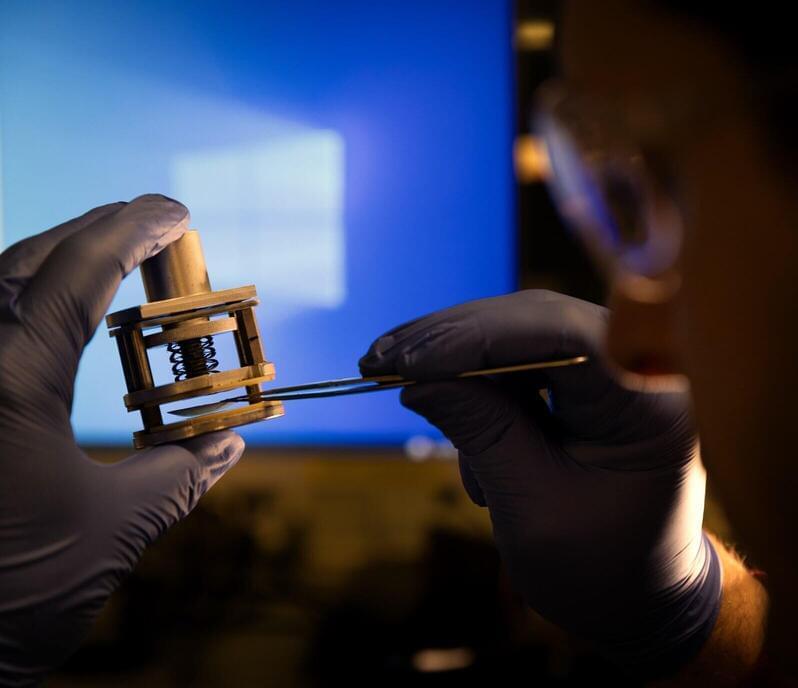
As humans age, their brain function can progressively decline and they become more vulnerable to developing neurodegenerative diseases, such as dementia. Dementia and other progressive neurological conditions can significantly impair their memory, thinking skills and daily functioning, significantly reducing their quality of life.
Many psychology and neurological studies have tried to identify biological markers and lifestyle factors that can contribute to the development of dementia. Yet the contribution of psychological characteristics (e.g., traits, emotional well-being and cognitive resilience) to a decline in mental functions remains poorly understood.
Researchers at University of Barcelona, University College London (UCL), Normandy University and other institutes across Europe recently set out to fill this gap in the literature, by trying to determine whether specific sets of psychological characteristics relate to brain health in middle and late adulthood. Their paper, published in Nature Mental Health, identified three key psychological profiles that were linked to different cognitive and mental health trajectories after middle-age.

“You’re going to think I’m crazy,” Callum said, looking down at his hands as he wrung them together in his lap. “It’s just that everything feels like a dream. I know I’m not dreaming – I mean – I think I’m really here, but at the same time I’m not sure. Everything feels off somehow.”
A deep sigh. “No one gets what I mean.”
The slim 18-year-old across from me looks defeated, dejected and thoroughly fed up. This is typical in my line of work. Not just because I’m a mental health professional, so I rarely get to meet people who are in the middle of the best time of their lives, but because I specialize in dissociation and depersonalization.

Summary: A study analyzing data from over 2 million veterans found that GLP-1 receptor agonists, popular weight-loss drugs like Ozempic and Wegovy, provide significant neurological and behavioral health benefits, including reduced risks of addiction, Alzheimer’s, and dementia. However, they also pose risks for pancreatitis and kidney conditions, emphasizing the need for careful monitoring.
The drugs mimic hormones that curb appetite and aid weight loss but may act on brain regions tied to impulse control and inflammation, explaining their broad effects. Researchers stress that while the benefits are modest, they may be impactful for conditions with limited treatment options, highlighting both their potential and limitations.
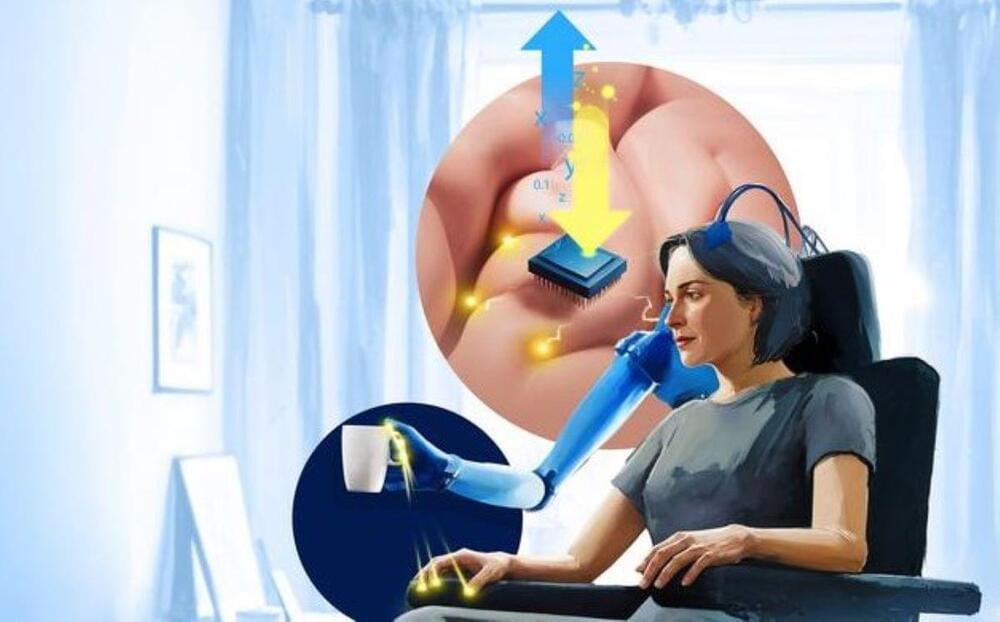
Groundbreaking research uses brain stimulation to restore touch in prosthetics. Precise, stable sensations bring natural-like feedback closer, improving motor control and quality of life.
Summary: Researchers are making strides in restoring touch sensations to prosthetic limbs through brain stimulation. By using electrodes in the brain’s touch center, they can evoke stable, precise sensations, even allowing users to feel the shape and motion of objects.
This breakthrough could enable prosthetic users to perform tasks requiring fine motor control with confidence. Long-term tests show consistent sensation locations, critical for real-world usability.
Advanced stimulation patterns further enhance the tactile experience, mimicking natural touch. These innovations mark significant progress toward neuroprosthetics that improve quality of life for people with limb loss or sensory impairments.
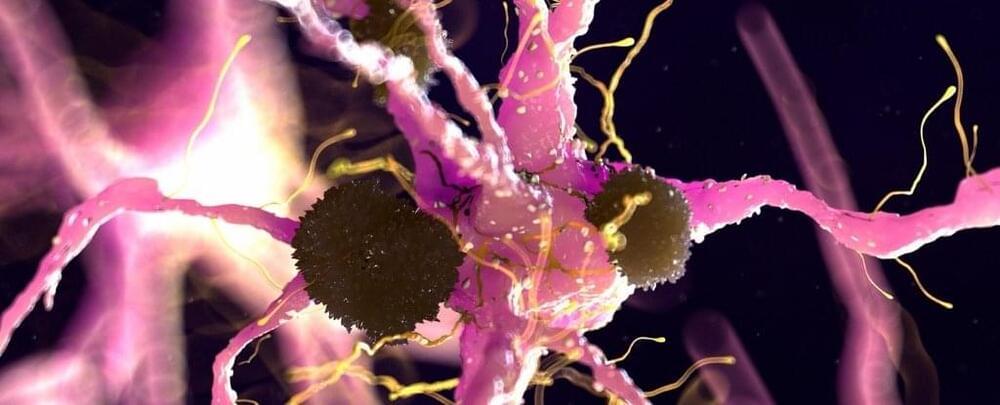
Researchers have discovered how a cell surface protein called Aplp1 can play a role in spreading material responsible for Parkinson’s disease from cell-to-cell in the brain.
Promisingly, an FDA-approved cancer drug that targets another protein called Lag3 – which interacts with Aplp1 – blocks the spread in mice, suggesting a potential therapy may already exist.
In a paper published last year, an international team of scientists describes how the two proteins work together to help harmful alpha-synuclein protein clumps get into brain cells.